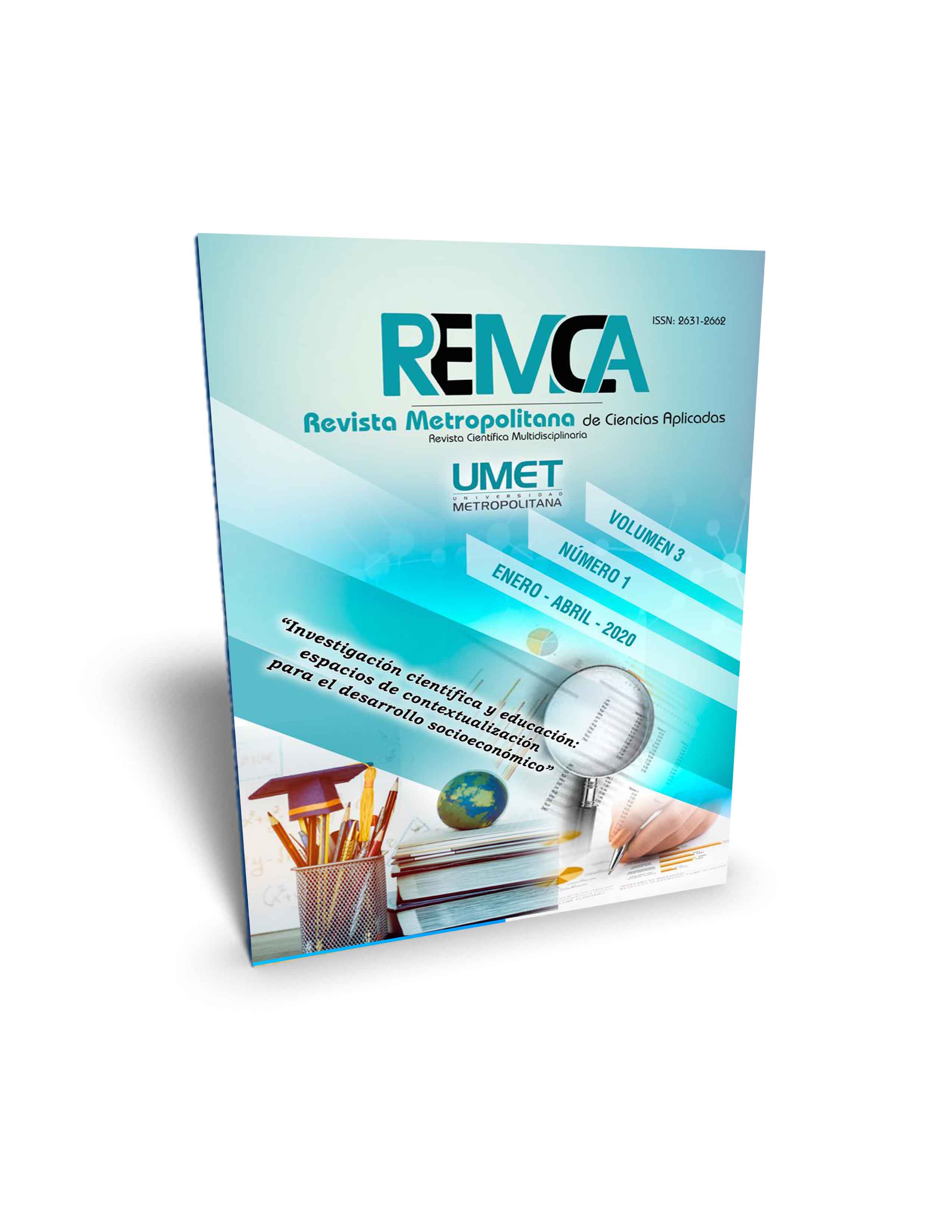Link done and social duty work with the protective principle
DOI:
https://doi.org/10.62452/hccpfq21Keywords:
Should, Done, Social, Job, Linking, Protective PrincipleAbstract
This article, deals with the issue of linking fact and social duty work with the protective principle, under the legal approach for being rules imposed by the State to regulate the legal ties between workers and employers product of an employment relationship, that is to say to regulate the activities carried out by the people involved in a place and at a time where the work activity is executed. The work consists of a principle called protector that is the core axis of Labor Law and its essence lies in safeguarding the decorum and dignity of the worker in his or her individual situation. Its objective breakdown has manifested itself in many cases, which indicates a contradictory perception of what this principle corresponds to when it is violated because it is not only a guarantee at the constitutional level but also an international one that is recognized for every worker. Its foundation is that of a social vision that protects its two basic aspects such as the worker and the work whose protection is the honest, stable and permanent work to guarantee the satisfaction of their needs.
Downloads
References
Alfonso, R. (2014). Nueva Didáctica del Derecho del Trabajo. Melvin.
Barajas, S. (2000). Derecho del Trabajo. Universidad Nacional Autónoma de México.
Chávez, I. (2015). La Ajenidad como Elemento Característico del Vínculo Laboral. Livrosca.
Daqui, M. (2015). El Principio del In Dubio pro Operario y su Incidencia en la Fundamentación de la Sentencia. (Trabajo previo para la obtención del título de abogada de los juzgados y tribunales de la república del Ecuador). universidad Nacional de Chimborazo.
De La Cueva, M. (2000). Derecho del Trabajo. Porrúa.
Ecuador. Asamblea Nacional Constituyente. (2008). Constitución de la República de Ecuador. Lexis.
Fernández, P. (2014). Los contratos de trabajo formativos en prácticas. Tirant lo Blanch.
García, P. (2005). El Derecho Subjetivo. Madrid: Leyes.
Hernández, L. (2006). Nociones de Derecho Trabajo. Arte.
Organización Internacional del Trabajo. (2001). Reunión 89 sobre Trabajo Decente. Recuperado de http://www.ilo.org/public./spanish.standards/reim/ilc89/memo
Oviedo, L. (2006). El Trabajo como Cuestión Central. (Ponencia). 9 Congreso Nacional de Estudios del Trabajo. Santiago de Chile, Chile.
Pérez, B. (2014). Derecho del Trabajo. Astrea.
Plá, A. (1978). Los Principios del Derecho del Trabajo. Depalma.
Ramírez, L. (2010). Los Principios del Derecho del Trabajo. La Ley.
Sainz, C. (2006). Los Derechos de los Trabajadores en la Ley Orgánica del Trabajo. Movil-libros.
Valverde, A. (2018). Derecho del Trabajo. Técnos.
Villarreal, P. (2015). Funcionaras Judiciales Laborales: Una Mirada a su Actividad de Defensa de los Derechos de los Trabajadores. Arte.
Downloads
Published
Issue
Section
License
Copyright (c) 2020 Alizia Agnelli Faggioli, Belkis Alida García (Autor/a)

This work is licensed under a Creative Commons Attribution-NonCommercial-ShareAlike 4.0 International License.
Authors who publish in Revista Metropolitana de Ciencias Aplicadas (REMCA), agree to the following terms:
1. Copyright
Authors retain unrestricted copyright to their work. Authors grant the journal the right of first publication. To this end, they assign the journal non-exclusive exploitation rights (reproduction, distribution, public communication, and transformation). Authors may enter into additional agreements for the non-exclusive distribution of the version of the work published in the journal, provided that acknowledgment of its initial publication in this journal is given.
© The authors.
2. License
The articles are published in the journal under the Creative Commons Attribution-NonCommercial-ShareAlike 4.0 International License (CC BY-NC-SA 4.0). The terms can be found at: https://creativecommons.org/licenses/by-nc-sa/4.0/deed.en
This license allows:
- Sharing: Copying and redistributing the material in any medium or format.
- Adapting: Remixing, transforming, and building upon the material.
Under the following terms:
- Attribution: You must give appropriate credit, provide a link to the license, and indicate if any changes were made. You may do this in any reasonable manner, but not in any way that suggests the licensor endorses or sponsors your use.
- NonCommercial: You may not use the material for commercial purposes.
- ShareAlike: If you remix, transform, or build upon the material, you must distribute your creation under the same license as the original work.
There are no additional restrictions. You may not apply legal terms or technological measures that legally restrict others from doing anything the license permits.




